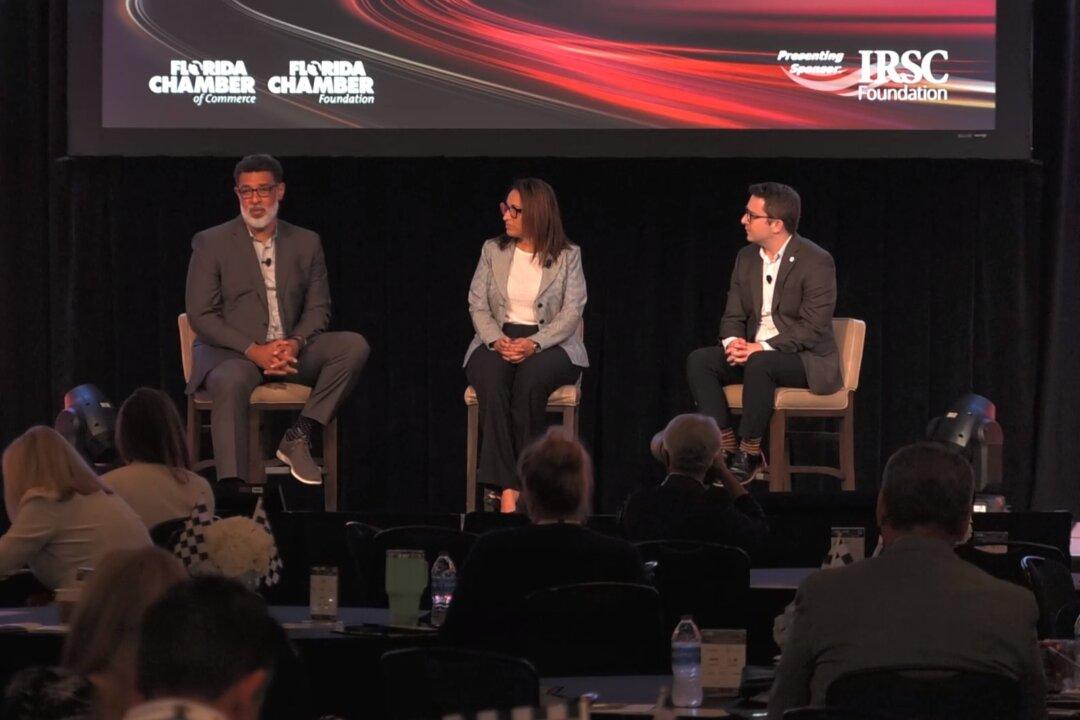Plans to grow Florida into the world’s 10th largest economy by 2030—comparable in GDP to South Korea—were displayed at the state Chamber of Commerce’s annual event in Orlando on Oct. 23 and 24.
Titled “Race to 2030 and Beyond,” the two-day conference touched on the Chamber of Commerce’s goals for Florida over the next six and a half years, highlighting some of the statewide achievements over the last few years.





